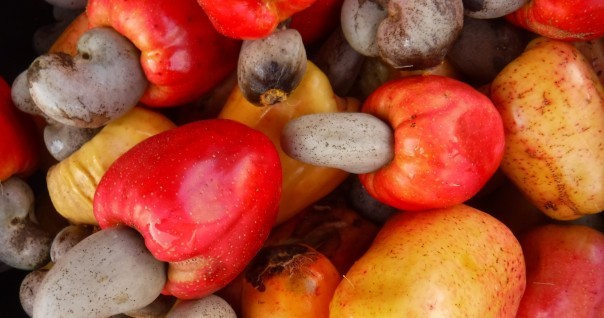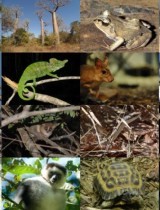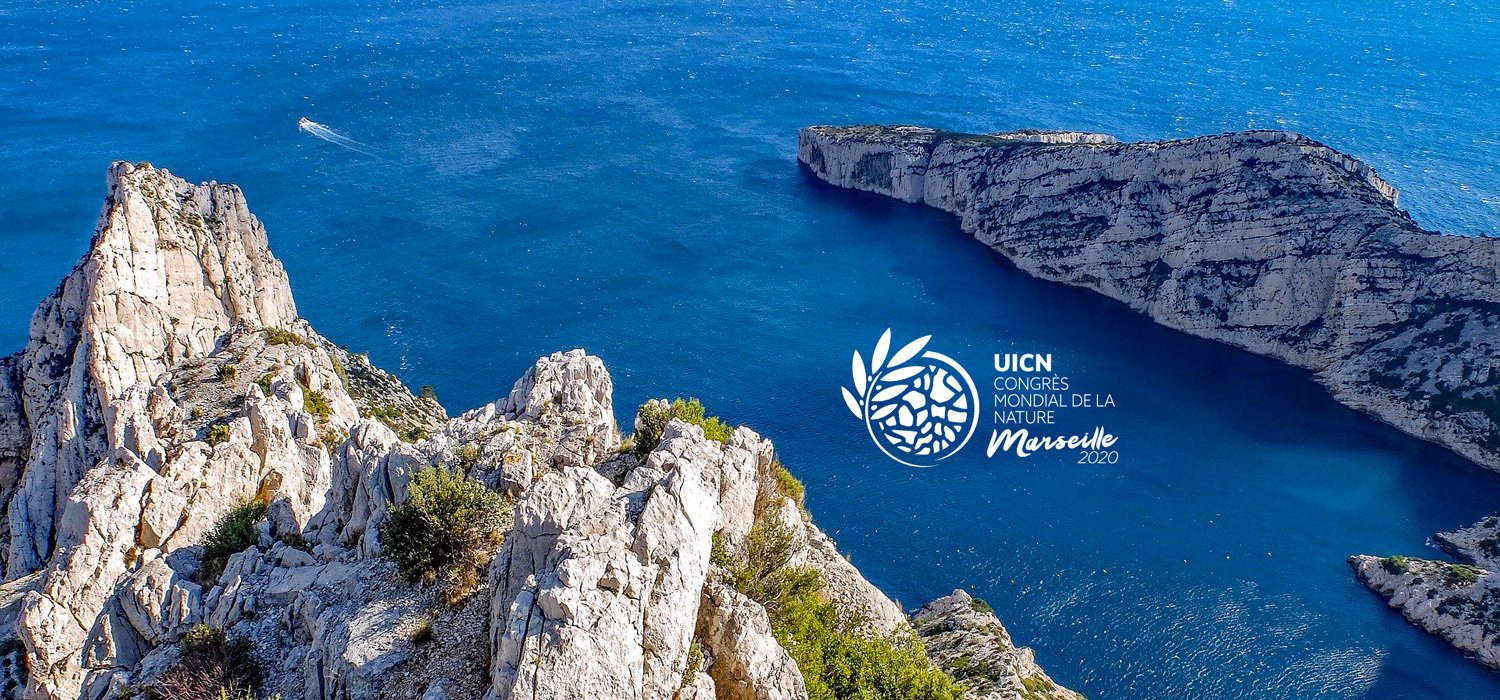

Nitidæ supports 3 sessions on biodiversity conservation and protection at the IUCN World Conservation Congress in Marseille
The IUCN World Conservation Congress
The event will take place from September 3rd to 11th, 2021, in the Parc Chanot in Marseille. It is hosted by the International Union for Conservation of Nature (IUCN), a membership union of governments and civil society organizations (CSO). With its 18,000 experts and more than 1,400 member organizations, it is a leading international voice on climate change and on the various measures that could be taken to conserve biodiversity and current resources. Held every 4 years, it is for the first time both face-to-face and off-site and is the perfect opportunity to present new approaches to conservation and preservation of the environment and biodiversity in the post-2020 framework. Therefore, before the Convention on Biological Diversity (COP15) to be discussed in April 2022 at Kunming, China.
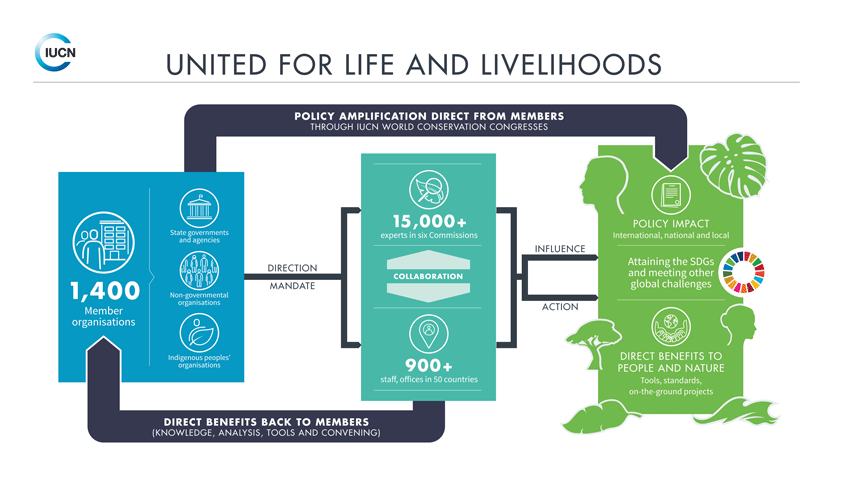
Governance and how IUCN operates
Three key interventions of Nitidæ during the Congress
During this Congress, Nitidæ will be present in three sessions, on September 4th, 5th and 7th, in order to express itself or to support the spokespeople of associated companies or organizations on 3 different subjects:
> Challenges of long-term management of African Protected Areas - Organized on the stand of the French Committee of the IUCN (hall 3)
Date and Speakers: September, 4th, at 3 p.m. by Noé and Nitidæ
Contents : How to adapt the management of protected areas to the climate emergency and to face the decline of biodiversity in the southern countries? What strategies should be implemented with the States to compensate for the lack of financial and human resources? These questions will be addressed through two experiences shared by Nitidæ and Noé.
Nitidæ will specifically discuss recent work on modeling future distribution of biodiversity in Madagascar and its possible responses, notably through a concrete case study on the New Protected Area of Beampingaratsy (in the process of creation) to illustrate how models of future species distribution can identify crucial lane areas.
Associated Projects: BIOSCENEMADA - TALAKY
Associated File: Here to download
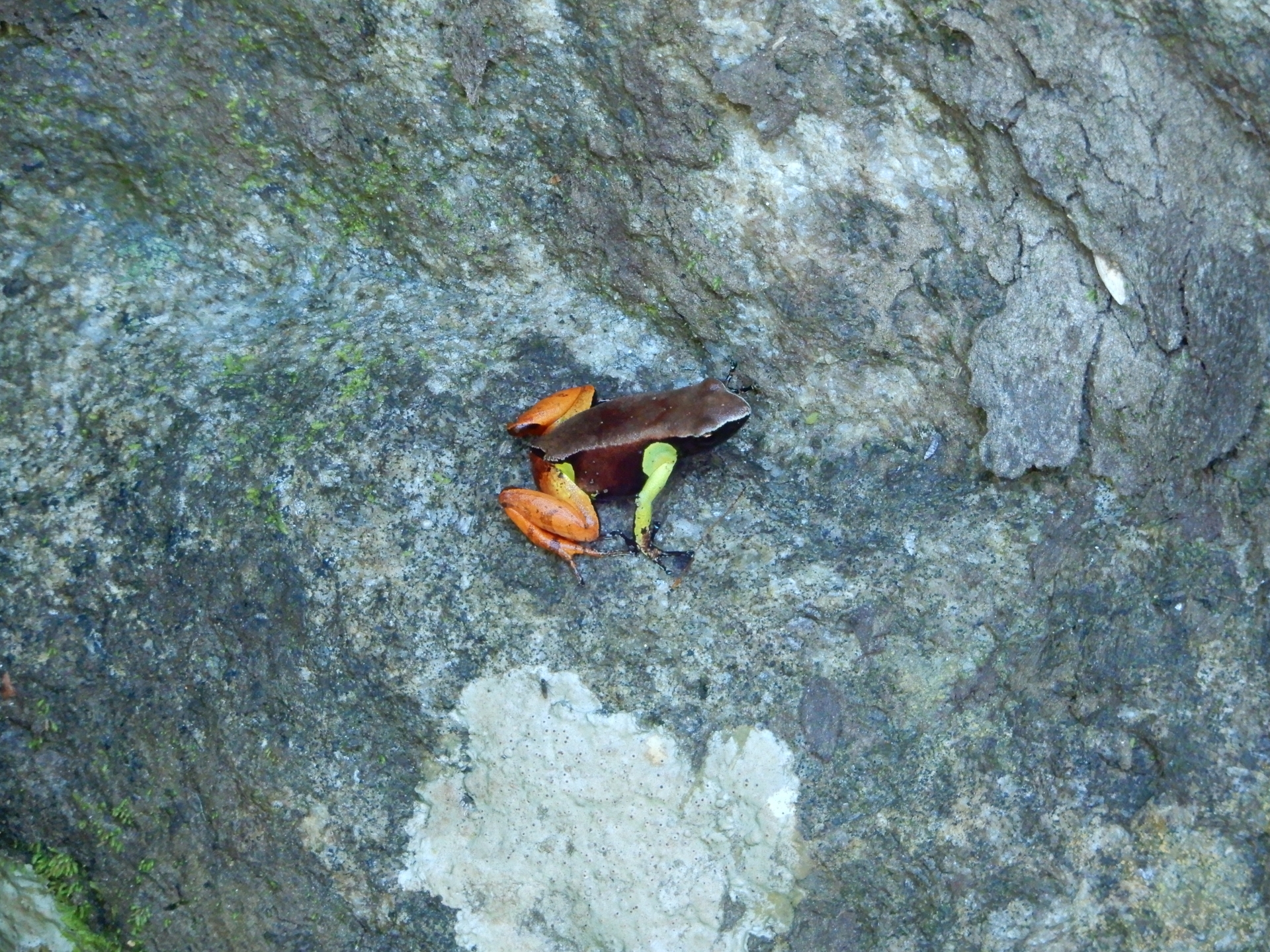
The mantella haraldmeieri, endemic species of Madagascar
> How to reconcile biodiversity conservation and local economic development?
Date and Speakers: September, 5th, at 4 p.m. by Noé, the Group L'OCCITANE, the WAPCA, Savannah Fruits Company, the Tropical Forest and Rural Development association and Nitidæ
Contents: This session will gather all stakeholders involved in the development of pro-biodiversity value chains, and will provide a time for discussion to identify the roles, opportunities, and major obstacles encountered for the economical development of the periphery of Protected Areas. This will improve the contribution of the value chains to biodiversity conservation. Indeed, these innovative collaborations give economic value to protected areas and their surroundings and encourage communities to sustainably protect these areas, and with them the biodiversity they shelter.
Nitidæ will testify as a CSO to its involvement for more than 7 years in Burkina-Faso in this partnership with L'Occitane en Provence to develop an exemplary chain of organic and fair trade shea butter as a method of protection of biodiversity and preservation of ecosystems. Our action focuses on the renewal and access to the shea resource, the professionalization of structures, the mechanization of processes and the reduction of environmental impacts allowing 6 commercial partner shea butter production organizations to improve their income, diversify their agricultural production and their economic model while reducing the negative impacts on the environment (biodigester, improved oven...).
Associated Projects: RESIST
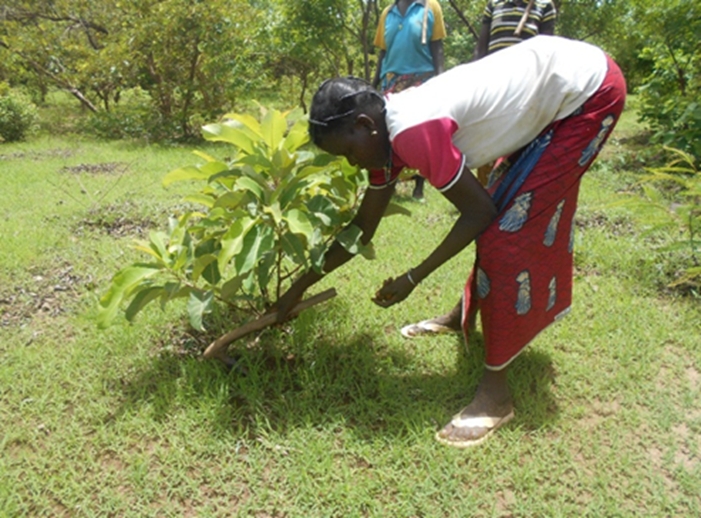
Management of Shea Parks, regeneration and plantations to improve its access
> Human-wildlife conflicts: lessons learned by practical solutions in the tropical area - Organized on the stand of the French Committee of the IUCN (hall 3)
Date et Speakers: September, 7th, at 10:30 a.m. by the organization Awely des animaux et des hommes, Panthera France, the François Sommer Foundation (IGF) and Nitidæ
Contents: The session will explore strategies implemented by conservation organizations to minimize human-wildlife conflict in the following countries involving different species of large mammals: Mozambique (elephants), South Asia (tigers and leopards), Latin America (jaguars). Concrete examples will be used to illustrate good practices in term of conflict mitigation in a variety of community settings and types of conflicts. The discussion will focus on approaches fundamental to the development of appropriate strategies. In particular, the importance of strong local community involvement in the choice of actions and the need for a holistic approach that does not only target direct causes. Understanding the context and threats to the species involved, considering the needs of communities to improve their living conditions, and evaluating the impact of implemented solutions are all essential approaches to improve human-wildlife coexistence in the long term.
Furthermore, Nitidæ has published in the African Journal of Ecology (https://doi.org/10.1111/aje.12882) a scientific publication on elephants in Miombo region, Mozambique that were found to be attracted to cleared areas and their regeneration. Nitidæ will accompany its partner of the IGF Foundation to discuss on conservation strategies and approaches implemented to limit human-wildlife conflicts in the long term.
Associated Projects: RN GILE - MOZBIO - ZILMP - GILE PFNL - ACAMOZ
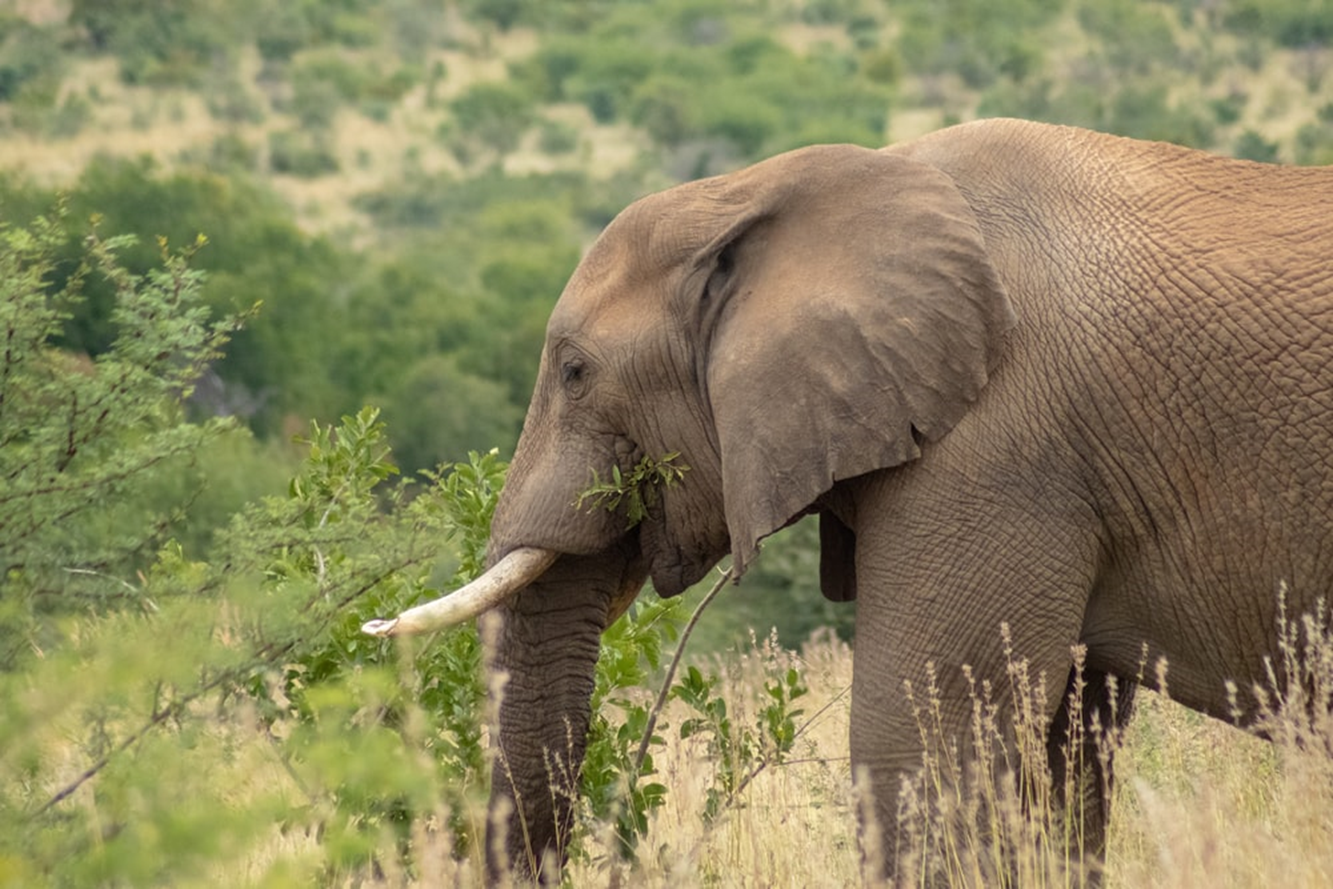
Attracted by land clearing, should forest degradation be included in Park management to maintain elephants?
General Programm
Presented in English, French and Spanish, exhibitions as well as various interventions and conferences are classified according to 7 main themes:
- Managing landscapes for nature and people
- Conserving freshwater to sustain life
- Accelerating climate change mitigation and adaptation
- Upholding rights, ensuring effective and equitable governance
- Leveraging economic and financial systems for sustainability
- Advancing knowledge, learning, innovation and technology
- Restoring ocean health
For more information on the IUCN Congress
Related projects
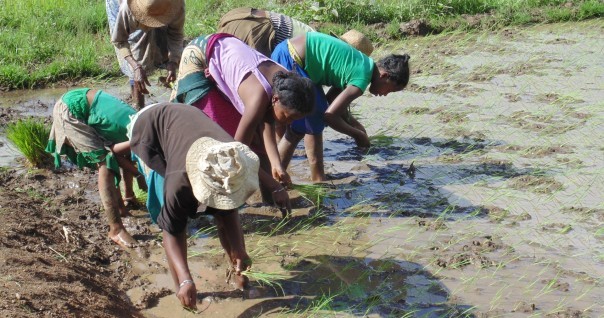
TALAKY - Forests conservation and valorization, Agriculture intensification and ecological diversification, Sustainable concerted development
See more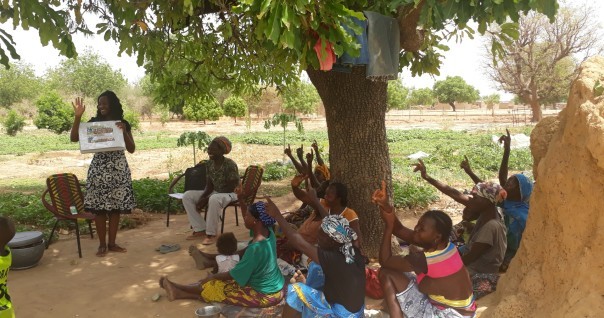
RESIST - Support and assistance to shea sectors' actors
See more